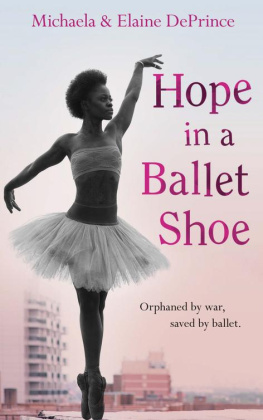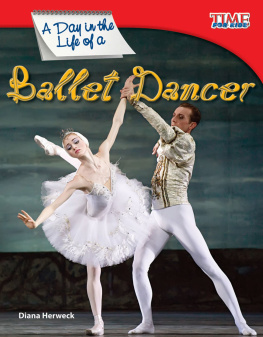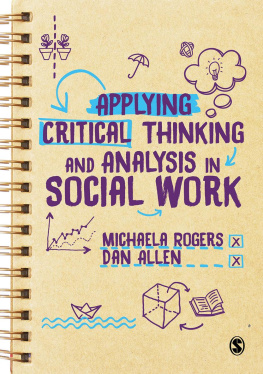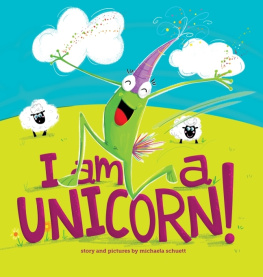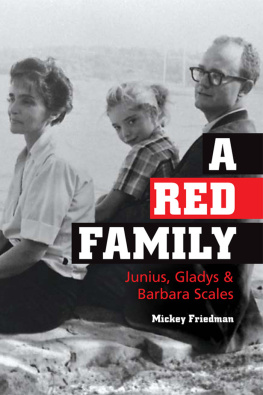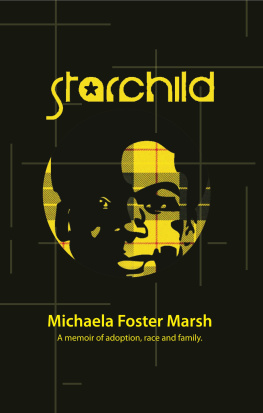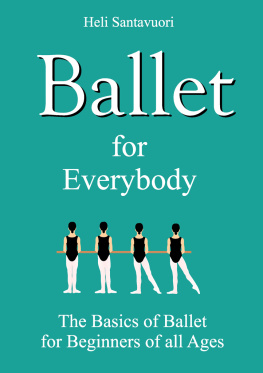I stand in the wings, dressed in a lush black tutu embellished with black feathers and blood-red flowers. A silver tiara studded with crystal rhinestones crowns my hair, which is pulled tightly back in a thick bun. One at a time I flex my feet at the ankles, extend my legs, and point my toes to check that the ribbons of my pointe shoes are tied and securely tucked. A professional ballerina never allows her ribbons to flop loose around her ankles, one of my favourite teachers would warn me. A tiny smile twitches at the corners of my mouth as I remember that seven-year-old girl with her ribbons flying about.
A sense of unreality grips me. A professional ballerina is that really me? It seems that just yesterday I was an orphan child, a small, dirty-faced pikin hungry, frightened and clinging for dear life to a dream of becoming a ballerina. As Mabinty Bangura, I danced on my bare toes in the mud of the rainy season, disturbing the breeding mosquitoes, who would rise up in anger and bite me bringing malaria.
My arms prickle with goose bumps. I rub them away, remembering my sister Mia once telling me, Theyre swan bumps, Michaela, not goose bumps. Are my swan bumps caused by nervousness, the chilly Berkshire air in the Ted Shawn Theatre at Jacobs Pillow, or haunting memories?
Why should I be nervous? This isnt the first time Ive danced the act-two pas de deux from Swan Lake onstage as Odile, the dark and cunning daughter of the evil sorcerer, Von Rothbart. But it is the first time I have danced it in front of such a large audience of critics and other dancers. They flock to Jacobs Pillow in June of each year to attend this renowned festival, and here I am about to make my entrance, the youngest professional ballerina among them, dancing a role that demands maturity and sophistication. I feel like an imposter.
The Black Swan is a seductress, tantalising Prince Siegfried with her womanly charms in order to steal him away from Odette, the White Swan. What do I know about womanly charms or seduction? After my April performance, one critic wrote, She was the sweetest seductress you ever saw but she has yet to develop any ballerina mystique. She is only eighteen. I showed the review to Skyler, my boyfriend. Do you agree? I asked him, with tears in my eyes.
Shes right. You are sweet, he answered.
But I dont want to be sweet. I want to have womanly charms. I want to be a seductress. I want ballerina mystique.
Skyler laughed and said, Youre cute and funny too.
But I dont want to be cute and funny. I want to be mysterious.
Well, sometimes youre a complete mystery to me, he admitted with a mischievous grin.
Thats not the same as ballerina mystique.
Now its the final performance of the season. I need to pull it off. For a brief second I am tempted to flee. Then the music starts, and I step onto the stage. Suddenly I am neither Mabinty Bangura, nor Michaela DePrince. I am the Black Swan, and as a reviewer later acknowledges, The vile Odile was delightfully chilly as she seduced the unwitting prince.
Before I was the vile and chilly Odile, I was Michaela DePrince, and before I was Michaela, I was Mabinty Bangura, and this is the story of my flight from war orphan to ballerina.
In Africa my papa loved the dusty, dry winds of the Harmattan, which blew down from the Sahara Desert every December or January. Ah, the Harmattan has brought us good fortune again! he would exclaim when he returned from harvesting rice. I would smile when he said that because I knew that his next words would be, But not as good a fortune as the year when it brought us Mabinty no, never as good as that!
My parents said that I was born with a sharp cry and a personality as prickly as an African hedgehog. Even worse, I was a girl child, and a spotted one at that, because I was born with a skin condition called vitiligo, which caused me to look like a baby leopard. Nevertheless, my parents celebrated my arrival with joy.
When my father proclaimed that my birth was the high point of his life, his older brother, Abdullah, shook his head and declared, It is an unfortunate Harmattan that brings a girl child a worthless, spotted girl child at that, one who will not even bring you a good bride-price. My mother told me that my father laughed at his brother. He and Uncle Abdullah did not see eye to eye on almost everything.
My uncle was right in one respect: in a typical household in the Kenema District of south-eastern Sierra Leone, West Africa, my birth would not have been cause for celebration. But our household was not typical. First of all, my parents marriage had not been arranged. They had married for love, and my father refused to take a second wife, even after several years of marriage, when it appeared that I would be their only child. Secondly, both of my parents could read, and my father believed that his daughter should learn to read as well.
If my brother is right and no one will wish to marry a girl with skin like the leopard, it is important that our daughter go to school. Lets prepare her for that day, my father told my mother. So he began to teach me the abjad, or Arabic alphabet, when I was just a tiny pikin, barely able to toddle about.
Fool! Uncle Abdullah sputtered when he saw Papa moulding my little fingers around a stick of charcoal. Why are you teaching a girl child? She will think that she is above her station. All she needs to learn is how to cook, clean, sew and care for children.
*
My spots scared the other children in our village. Nobody would play with me, except my cousins on occasion, so I would often sit alone on the stoop of our hut, thinking. I wondered why my father would work so hard panning for diamonds in the alluvial mines, diamonds that he would not be allowed to keep. It was hard, backbreaking work to stand bent over all day. Papa would hobble home at night, because his back, ankles and feet ached. His hands would be swollen and painful from sifting the heavy, wet soil through his sieve. Then, one night, while Mama was rubbing shea butter mixed with hot pepper into Papas swollen joints, I overheard a conversation between them, and understood.
It is important that our daughter go to school to learn more than we are capable of teaching her. I want her to go to a good school.
If we are frugal, the money from the mines will eventually be enough to pay her school fees, Alhaji, my mother said.
Ah, Jemi, count the money. How much have we saved so far? Papa asked.
Mama laughed. This much, plus the amount I counted the last time you asked, she said, holding up the coins he had brought home that evening.
I smiled a secret smile from my small space behind the curtain. I loved to listen to my parents voices at night. Though I cannot say the same for the voices of Uncle Abdullah and his wives.
*
Our house was set to the right of my uncles house. Uncle Abdullah had three wives and fourteen children. Much to his unhappiness, thirteen of his children were girls, leaving my uncle and his precious son, Usman, the child of his first wife, as the only males in the household.
Many nights I would hear cries and shouts of anger drifting across the yard. The sounds of Uncle Abdullah beating his wives and daughters filled my family with sadness. I doubted that Uncle Abdullah ever loved any of his wives, or he would not have beaten them. He certainly didnt love his many daughters. He blamed any and all of his misfortunes on their existence.
My uncle cared only about his one son. He called Usman his treasure and fed him delicious tidbits of meat while his daughters looked on, hungry and bloated by a starchy diet of rice and cassava, that long, brown-skinned root vegetable that lacks vitamins and minerals. And nothing was more galling to my uncle than finding me outside, sitting cross-legged on a grass mat, studying and writing my letters, which I copied from the Quran. He could not resist poking me with the toe of his sandal and ordering me to get about the duties of a woman.

